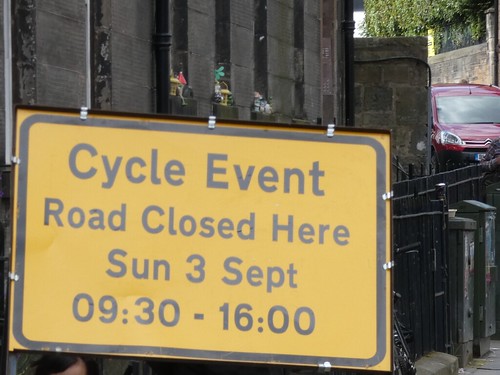Authorities wouldn't go into deprived areas to do basics like fix potholes etc. When some formerly areas became "trendy" and young white people and their organic shops and the like started moving in, the cycling campaigners suddenly became interested and met with predictable scepticism.
I will need to read the relevant section of the book to find out more.
Another point was something along the lines of "the same 4 campaigners who attended every council meeting may have helped a little, but what really led to progress was something coming from "left field" to make politicians sit up and take notice."
An example was full moon rides in Spokane, Washington - each full moon 100 people took their bikes and rode to the pub for a few beers. Suddenly pubs realise that was a good business opportunity and they started introducing facilities for cyclists (please come to my pub...). With business behind them, councillors took notice. Discussion around whether Belles on Bikes and cake rides can be a trigger for this here.
Emphasis on cycling for fun, getting big numbers out having fun, especially kids - one kid, worth lots of adults and lets others see that lots of cyclists becomes normal.


 posts
posts
